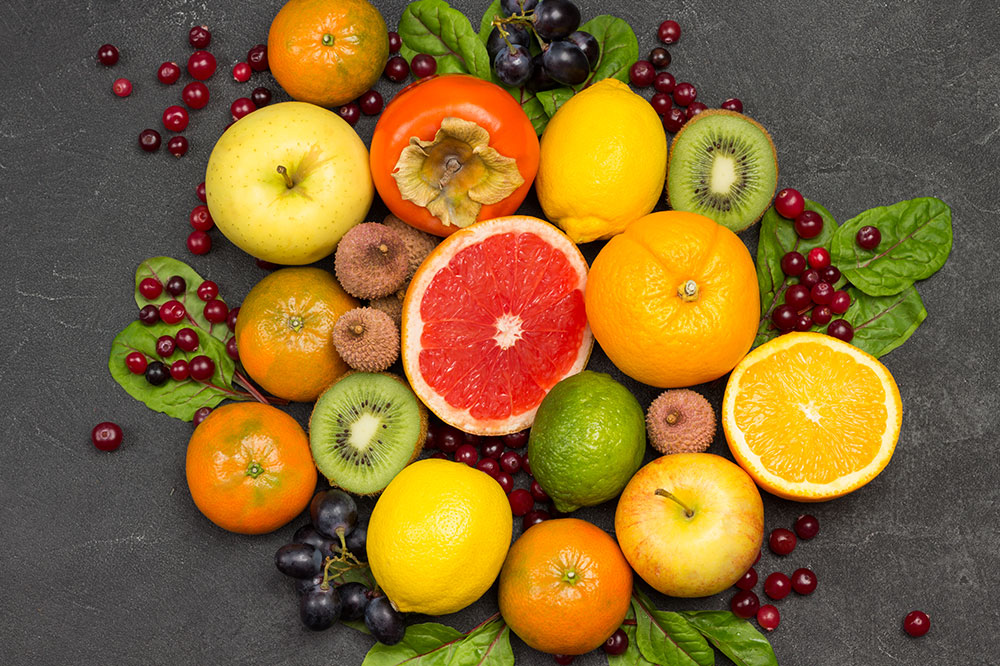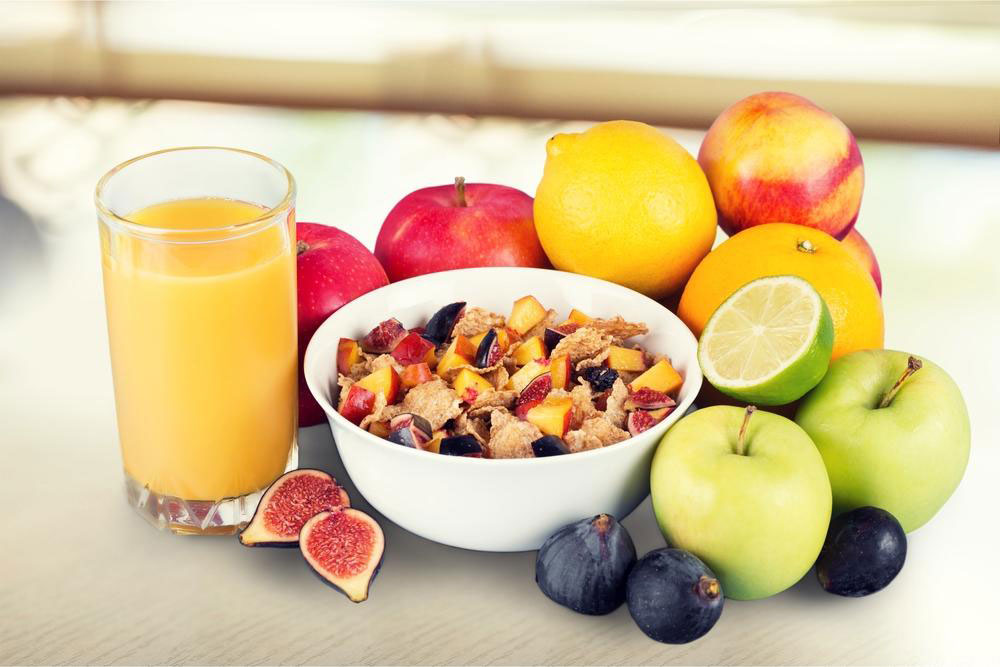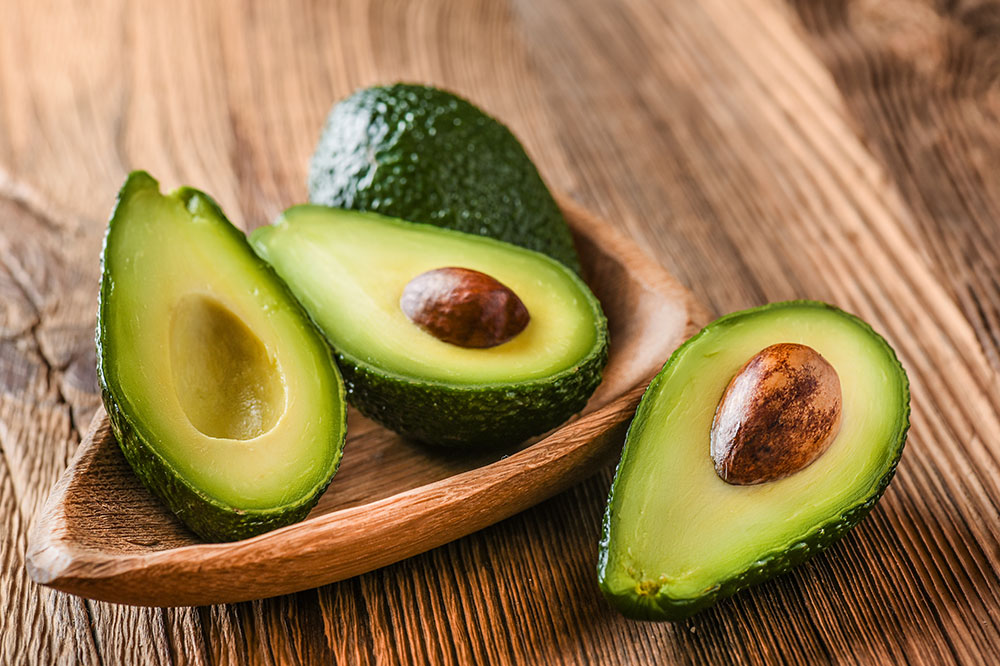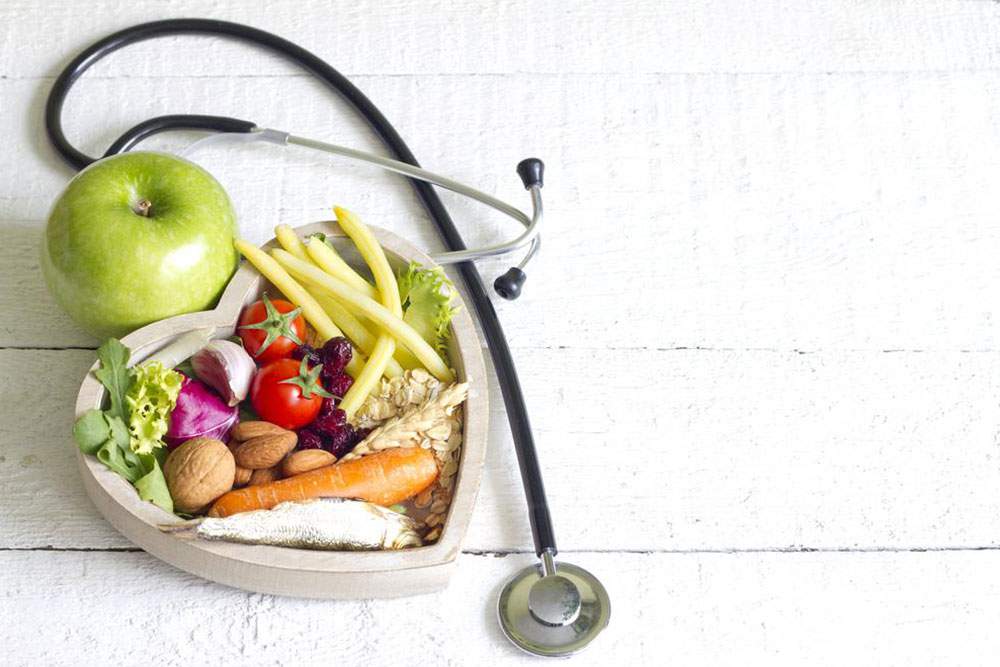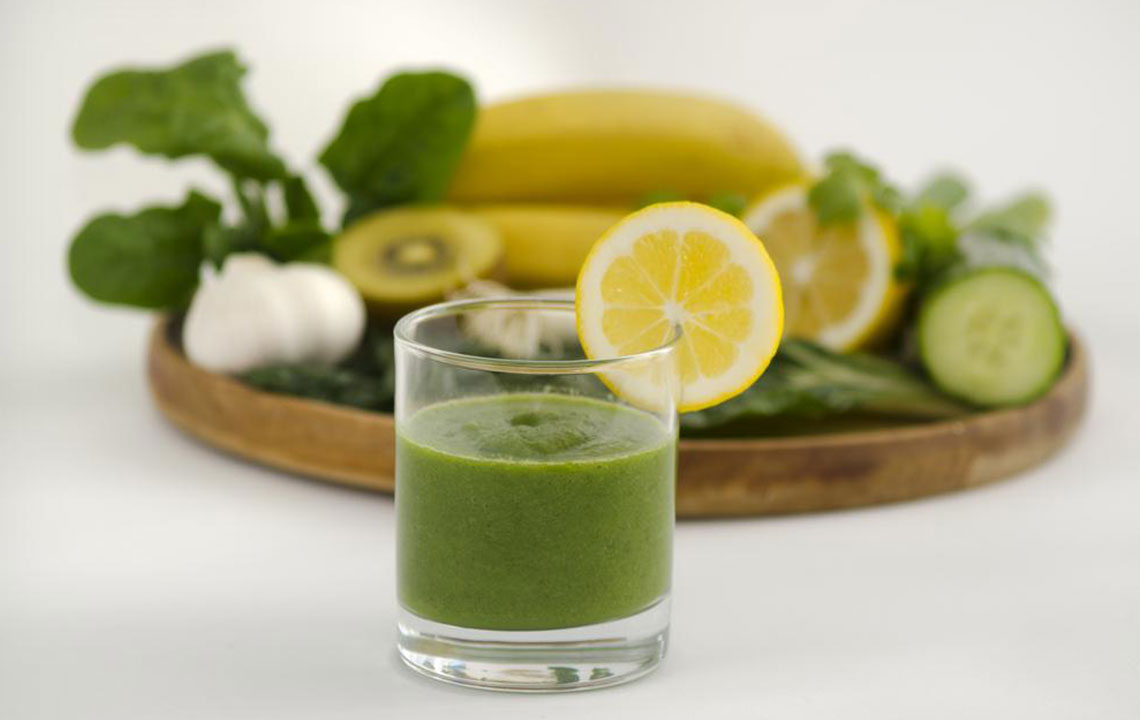Comprehensive Guide to the Top 12 Nutrient-Dense Foods for Effective Diabetes Management
This comprehensive guide explores the top 12 nutrient-rich foods that support diabetes management. Learn how apples, avocados, oats, beans, berries, and more can help stabilize blood sugar, improve heart health, and enhance overall wellness. Incorporate these foods into your diet for a healthier, balanced lifestyle while effectively managing diabetes. Follow expert advice to reduce risks and enjoy the benefits of a nutritious diet tailored for diabetics.

Comprehensive Guide to the Top 12 Nutrient-Dense Foods for Effective Diabetes Management
Managing diabetes effectively requires a thorough understanding of nutrition and the vital role it plays in blood sugar regulation and overall health. For individuals living with diabetes, maintaining stable blood glucose levels prevents complications and boosts quality of life. Since diabetes impacts insulin production and usage, choosing foods that support insulin sensitivity, promote heart health, and provide essential nutrients is crucial. In this detailed guide, we explore the top 12 nutrient-rich foods that can aid diabetics in maintaining optimal health through balanced nutrition.
Proper dietary choices are fundamental to managing diabetes, as they influence blood sugar levels, lipid profiles, and the risk of cardiovascular diseases. Furthermore, a healthy diet can help in weight management, reduce inflammation, and improve energy levels. Incorporating these nutrient-dense foods into daily meals not only benefits blood sugar control but also enhances overall wellness and longevity.
Apples: Apples are a fantastic fruit loaded with dietary fiber, vitamins, and antioxidants. Their high fiber content aids in lowering LDL cholesterol and improving digestive health. The antioxidants present in apples help combat oxidative stress, which is often elevated in diabetics. Moreover, apples have a low glycemic index, making them a safe choice for blood sugar control when consumed in moderation.
Avocado: Known for its creamy texture and health benefits, avocado is rich in heart-healthy monounsaturated fats. These healthy fats slow digestion, stabilize blood sugar levels, and promote a feeling of fullness. Avocado's high potassium content also supports blood pressure regulation, which is especially important for diabetics at risk of hypertension.
Oats: A staple in nutritious diets, oats are revered for their high soluble fiber content. This fiber forms a gel-like substance in the digestive tract, delaying gastric emptying and preventing sudden spikes in blood glucose levels. Oats also contain essential vitamins and minerals like manganese, phosphorus, and magnesium that support overall metabolic health.
Beans: Beans are an excellent source of plant-based protein and soluble fiber. Consuming beans can help maintain steady blood glucose levels, improve cholesterol profiles, and promote digestive health. Varieties like black beans, lentils, chickpeas, and kidney beans are versatile additions to any diabetic-friendly diet.
Quinoa: As a complete plant protein containing all nine essential amino acids, quinoa is a nourishing choice for vegetarians and omnivores alike. Its low glycemic index and high fiber content mean it helps manage blood sugar levels effectively and keeps you feeling satiated longer. Quinoa also provides key minerals such as magnesium, iron, and zinc.
Berries: Berries, including strawberries, blueberries, raspberries, and blackberries, are rich in antioxidants and dietary fiber. These nutrients help combat oxidative stress and reduce inflammation, which are closely linked to insulin resistance. Berries make for a tasty, low-calorie snack or dessert that supports blood sugar regulation.
Broccoli: This cruciferous vegetable is packed with vitamins C and K, antioxidants, and dietary fiber. Broccoli's high antioxidant content helps reduce oxidative damage and inflammation associated with diabetes. Its fiber aids digestion and promotes satiety, making it a valuable addition to diabetic diets.
Carrots: Carrots are low in calories and carbohydrates, making them suitable for blood sugar control. Rich in beta-carotene, which converts into vitamin A, carrots support immune function and skin health. Their low glycemic index ensures they don't cause rapid blood sugar spikes.
Lean Chicken: As an excellent source of high-quality protein with minimal fat, lean chicken supports muscle maintenance and provides nutrition without compromising heart health. Incorporating chicken into meals helps keep blood sugar levels stable by providing sustained energy releases.
Eggs: Eggs are an inexpensive and highly nutritious protein source that can aid in stabilizing blood sugar. Rich in healthy fats, vitamins, and minerals, eggs can be included in a balanced diabetic diet. They also contain choline, which supports liver function and metabolic processes.
Fish: Fatty fish such as salmon, mackerel, sardines, and trout are rich in omega-3 fatty acids. Omega-3s help reduce inflammation, lower triglycerides, and support cardiovascular health—a critical concern for diabetics. Regular fish consumption is linked with improved blood sugar regulation and heart health.
Milk and Dairy Products: Milk, yogurt, and other dairy products provide high-quality protein, calcium, and vitamin D. These nutrients contribute to insulin sensitivity and metabolic health. For diabetics, choosing unsweetened options is essential to control sugar intake while benefiting from dairy's nutritional advantages.
In conclusion, incorporating these 12 nutrient-dense foods into your daily diet can significantly improve blood sugar management, reduce the risk of diabetes-related complications, and promote overall well-being. It is important to combine these foods with regular physical activity, proper hydration, and adherence to medical advice to effectively control diabetes. Always consult with a healthcare professional or nutritionist before making major dietary changes, particularly if you have underlying health conditions. By making informed food choices, diabetics can lead healthier, more balanced lives and enjoy a better quality of life.
